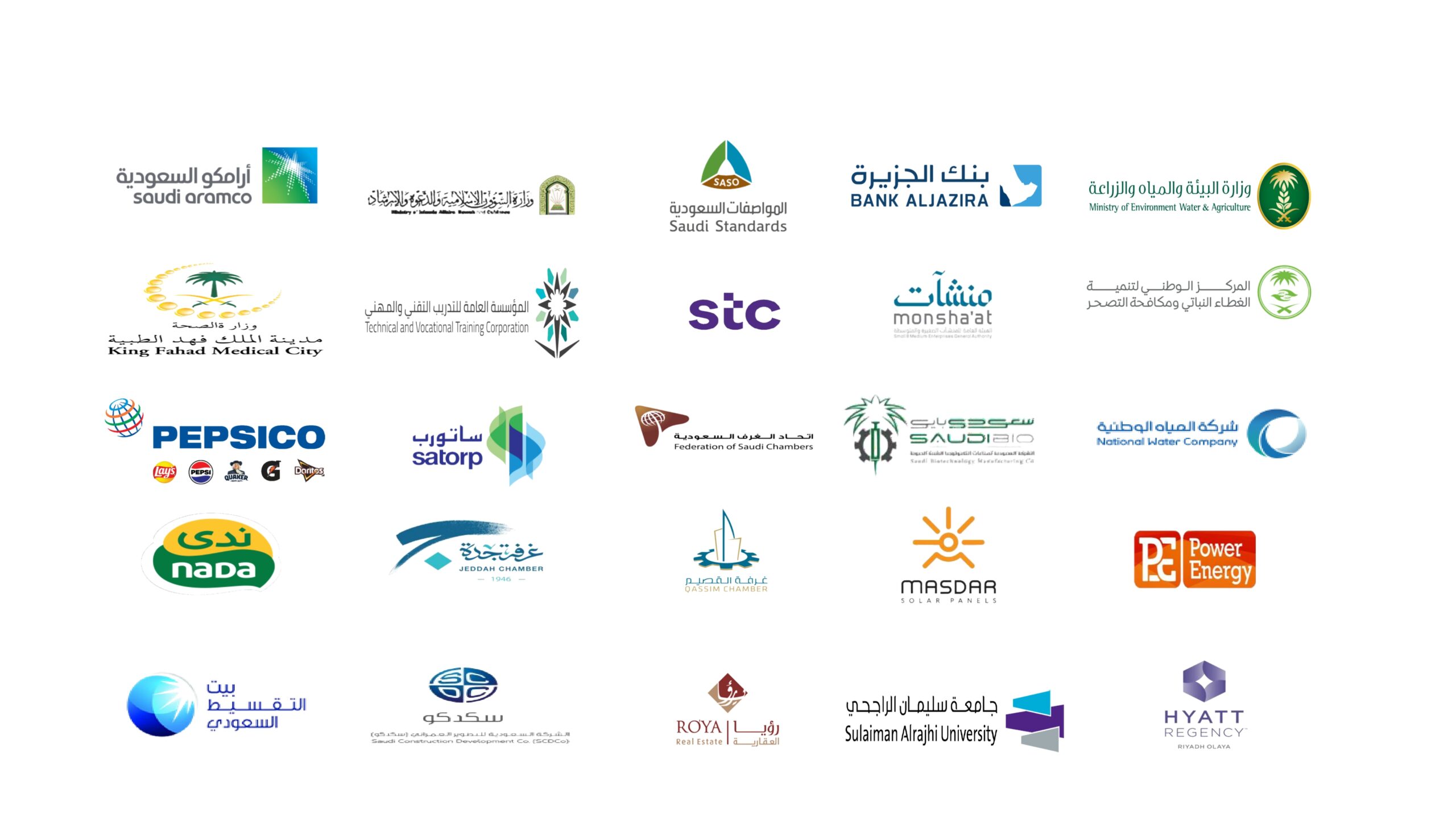We are to help
You can request services through the form or inquire through direct chatting on WhatsApp
You can request services through the form or inquire through direct chatting on WhatsApp
Building the institutional capacity of ministries, institutions, organizations, and businesses necessitates a professional team, interdisciplinary expertise, and the transfer of pioneering experiences. We have these requirements at Saudi Scope, as well as a local and global consulting team that has implemented many capacity-building projects for various entities. Our consulting methodology is founded on:
There are legislative regulations that determine governance, compliance, and exposure to risk, as well as the security and documentation of procedures or data. They increase the importance of a business strategy that assists decision-makers in making the right decisions.
At Saudi Scope Consulting Company, we are implementing a GRC business model in collaboration with leading global consultants to achieve cost efficiency, productivity, and risk mitigation effectiveness. Our core consulting methodology for organizations and businesses in this area is as follows:
The Innovation Management Action Network is based on a comprehensive understanding of the work scope of the strategy, the organizational structure, processes, and infrastructure, the capabilities, the potential of resources, and the work environment’s culture of innovation.
We offer advisory services to organizations and businesses in the establishment and development of an innovation, creativity, and leadership system based on the following business model:
Saudi Scope Consulting Company brings together the local consultant teams and its global consulting partners. They provide consultative solutions in the development of rationalization and cost-reduction management strategies based on appropriate business models, including the following methodology and business model:
Saudi Scope does the following:
This part includes the financial and economic analyzes of the project over the next ten years, include:
The scope and methodology of work in Saudiscope in this regard includes sections and stages as follows:
1st stage: Evaluating the general strategy of the organization and the targeted policies, programs and initiatives.
2nd stage: Analyzing the relevant gaps in building or developing the economic modeling and policy unit.
3rd stage: Designing a plan, model, and strategy for the targeted work, tools, and the expected budget, according to the outputs of the previous stages.
1st stage: Supervising the implementation tools of HR capabilities, and the required technologies used.
2nd stage: Defining and operating the statistical database and sources, and classifications according to the targeted business model.
3rd stage: Designing business models for the capabilities of policy-making and economic modeling, including limiting the variables, equations in analysis and forecasting, measuring the indicators and recommendations for the decision-making process.
4th: stage: Designing, building and implementing work methodologies for reports.
1st stage: Designing training curricula packages to the scope and model of the targeted work.
2nd stage: Launching the implementation of knowledge transfer and advanced training courses within organizations, including training on preparing performance reports for the unit of economic policies, modeling, and the feedback model for the unit’s strategy.
Service requestThe most important types of opinion polls that we provide services:
Reconciliation planning
Preparing survey
Conduct survey
Extract survey results
1. acquisition.
2. Merger with other parties or to enter new partners.
3. Stand on the efficiency of the current performance.
– Balanced sheet statement analysis.
– Income statement analysis.
– Cash flow analysis.
– Partners equities & returns Analysis
– Financial and economic indicators analysis.
– Brand and reputation analysis.
– PESTEL & SWOT analysis.
